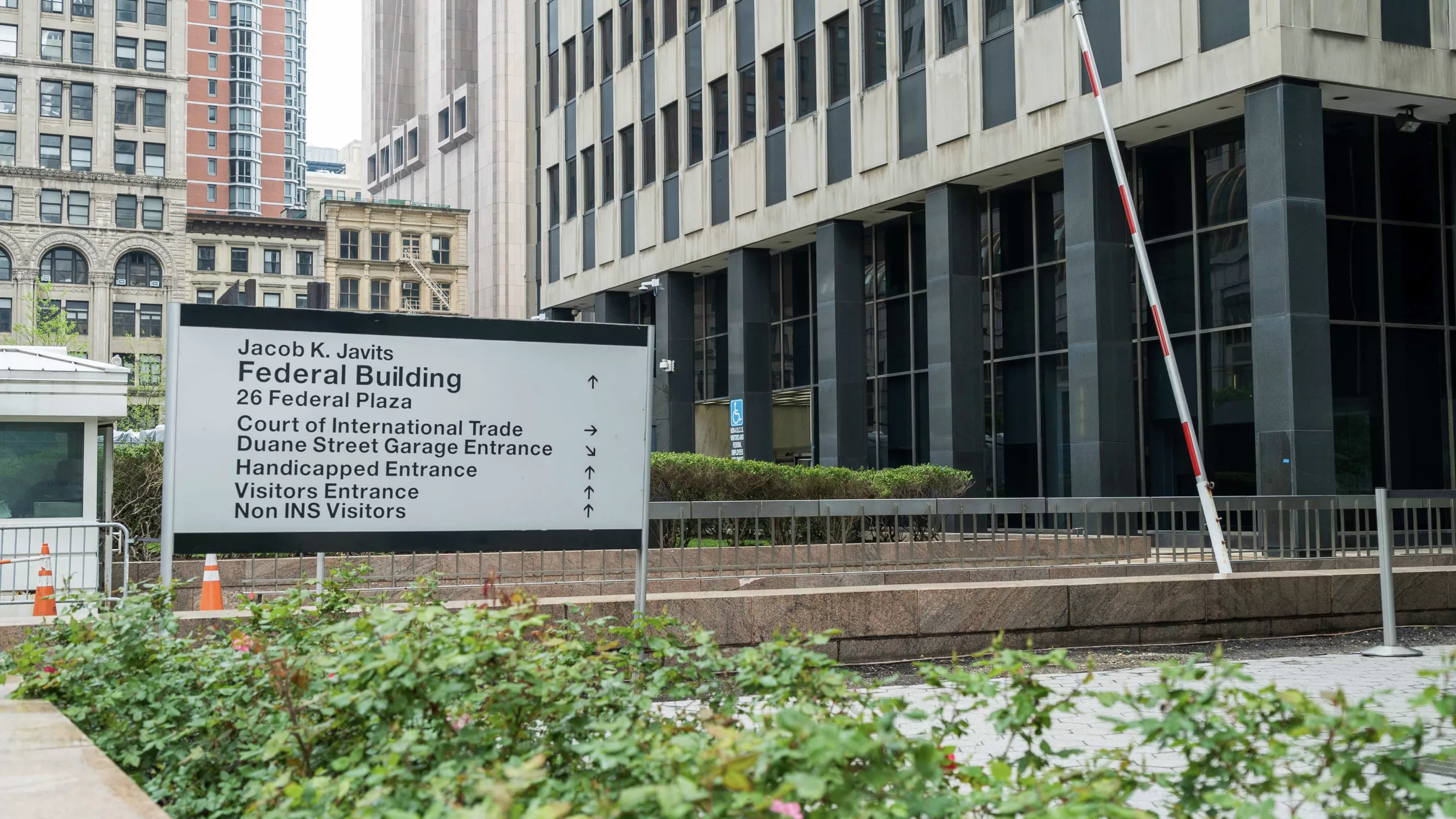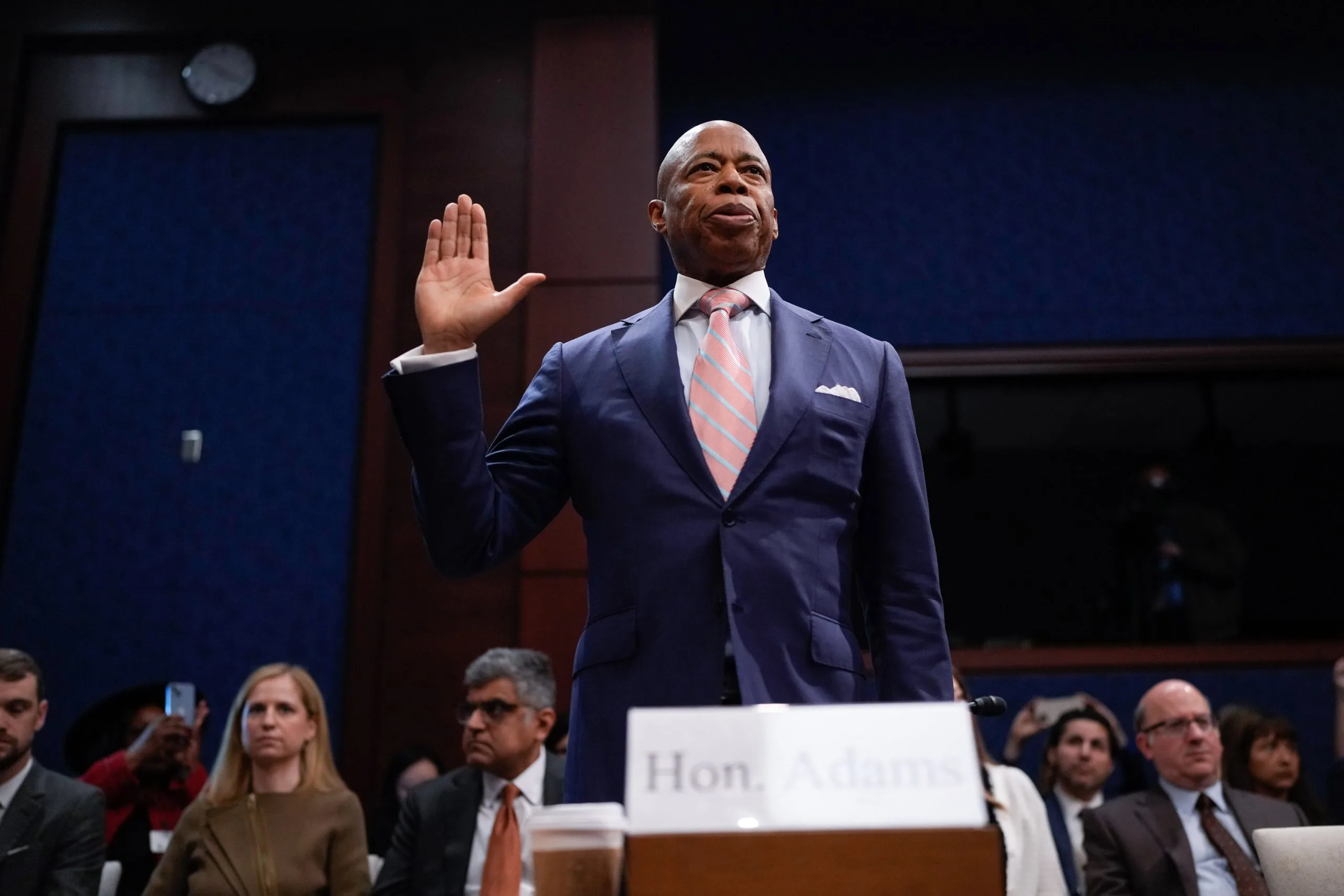This summary was featured in Documented’s Early Arrival newsletter. You can subscribe to receive it in your inbox three times per week here.
In the first months of the Biden administration, immigrants have faced hefty bonds ordered by the Department of Homeland Security and issued by immigration judges. Data gathered by two academic and advocacy organizations show bond amounts for immigrants largely haven’t changed since President Biden took office. Bond amounts sharply rose a tremendous amount during the Trump administration. According to attorneys working with the National Bail Fund Network, four clients were given bonds between $10,000 and $25,000 between February to April 2021. Advocates had hoped the Biden administration would reduce the bond amounts for detained immigrants. The Guardian
In other national immigration news…
Advocates Question “Remain in Mexico” Policy
The Migrant Protection Protocols, also known as “Remain in Mexico,” forced asylum seekers to remain south of the border while they waited for their U.S. court hearings. President Joe Biden put a hold on MPP and allowed these asylum seekers to slowly begin waiting for their hearings in the U.S. Yet this week, the U.S. Supreme Court ruled on the lower court case to bring the program back. Soraya Vasquez, a migrant advocate who works with families seeking asylum, believes it’s cruel to force migrants to wait in Mexico, as many become victims of crime and extortion. Border Report
Judge Blocks Texas Gov.’s Restriction on Migrant Transportation
Federal District Court Judge Kathleen Cardone barred Republican Texas Gov. Greg Abbott’s executive order that restricted nongovernmental organizations from transporting migrants from the southern border. The executive order made it illegal to transport undocumented immigrants in a car, which state officials said was intended to prevent the spread of COVID-19. The order also guided the Texas Department of Public Safety to “stop any vehicle upon suspicion” of transporting migrants. “Because Governor Abbott’s Executive Order authorizes Texas Department of Public Safety officers to make and act up on immigration determinations, the province of federal law, it violates the Supremacy Clause of the United States Constitution,” Cardone wrote in the decision. The Hill
Asylum Seekers Reliving Trauma in U.S. Immigration Courts
Herrera fled to the U.S. with his family in 2015 when he became a target of political violence in his hometown in central Mexico. He applied for asylum when they reached the San Francisco Bay area, but winning it took six years in immigration court, during which Herrera had to explain the horror he experienced in Mexico. “I didn’t want to remember the kidnapping or anything else because it’s really ugly,” Herrera said. Abby Sullivan Engen, Hererra’s pro bono lawyer, recalled that three hours into his last hearing, he began sobbing. When she asked the judge to give him a break, the judge declined and made Herrera continue. KQED
Activist Calls on San Diego to Provide Afghan Refugees with Temporary Housing
San Diego’s Rev. Shane Harris of the People’s Association of Justice Advocates sent a letter to county supervisors asking them to welcome Afghan refugees and grant housing support to Afghan resettlement agencies. Harris’ letter didn’t suggest a total for housing funding, but instead called on the county to design a plan. Resettlement agencies receive federal money per resettled refugee to assist with initial costs, though San Diego would just scrape by due to rising housing costs in the area. Refugee advocates continue to point out the struggle to find affordable housing for refugees, especially under short notice. The San Diego-Tribune















